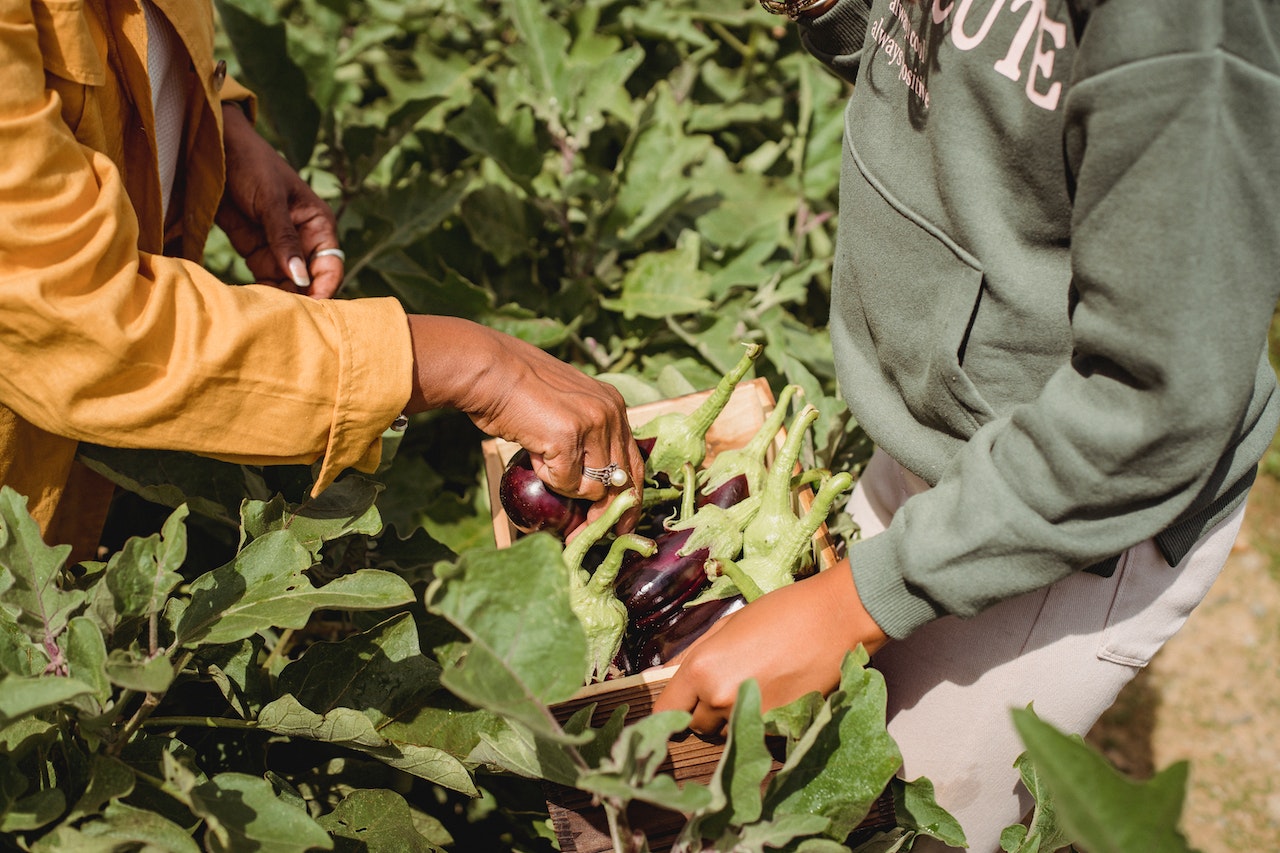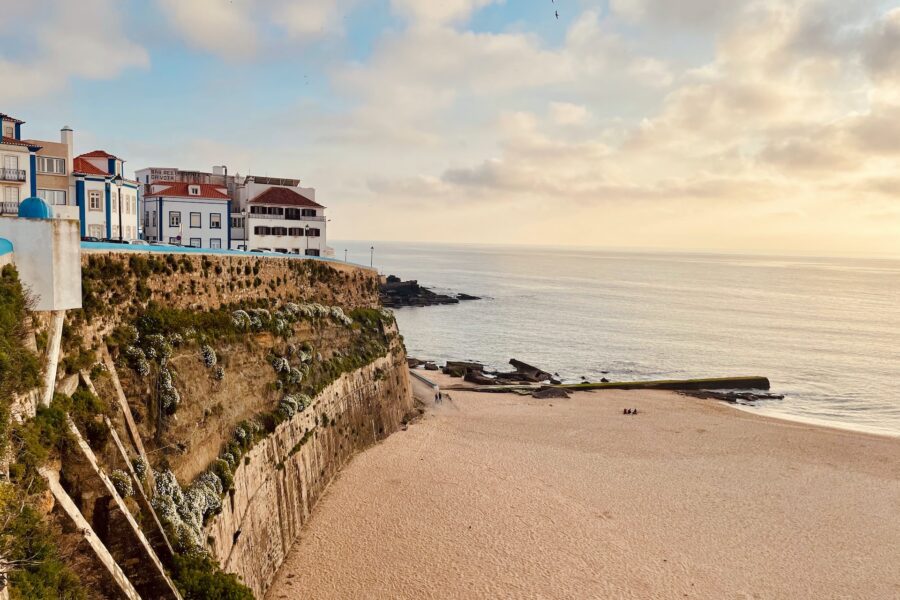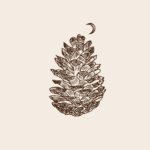Portuguese quintas are little known outside Portugal, but relished treasures of ‘quality of living’ in the country. Historically quintas were family-owned estate-type farm homes surrounded by large plots of nutrient-rich land intended for both economic sustenance and family consumption.
These farms were let out for rent of one-fifth of its produce – fifth is quintus in Latin – hence they became known as quintas.
Unfortunately, through time and faster, more modern cultivation practices, many of Portugal’s traditional quintas were lost.
Quintas today are still revered for the culture of quality they created centuries ago. The majority continue using organic and sustainable principles, produce quality products, and practice the lovely tradition of sharing everything from seasonal harvests, what grows wild, to handmade delicacies with friends and family. Many of Portugal’s vineyards, and wines are still produced on quintas, with the labels bearing their name.

Quinta living
Increasing numbers of people are looking for slower, relaxed, and healthier lifestyle experiences. For those that love the idea of living on a traditional Portuguese style quinta, there are still plenty of refurbishment projects available. As with many European countries, Portugal has a large rural population which translates into a good supply of country houses and farms.

The Quinta Plantation “Future Project”
The Lua & Pine plantation project is a concept of sustainable quality living that will include a working farm and wellness eco-community integrated into the natural environment, using the land for growing fruit trees and vegetables for its visitants and communities. Among many other features and services; like spa, fitness sessions, yoga dojo, and artists atelier.



